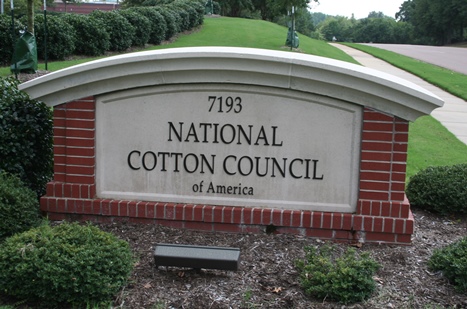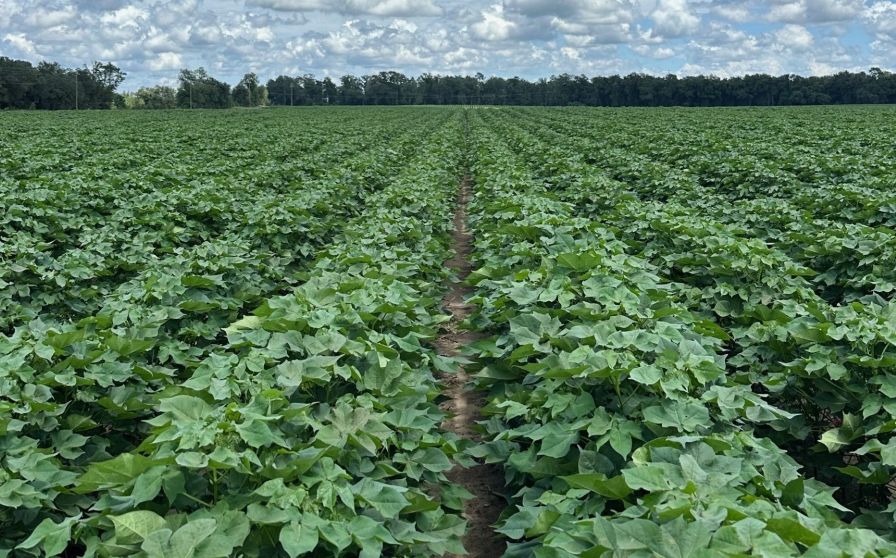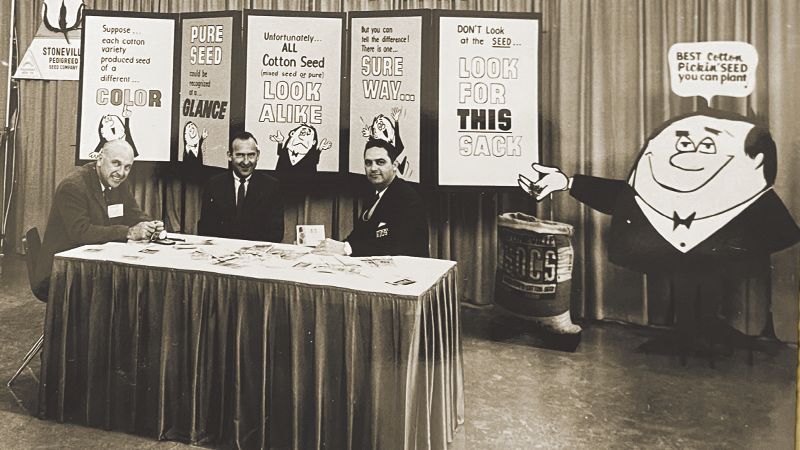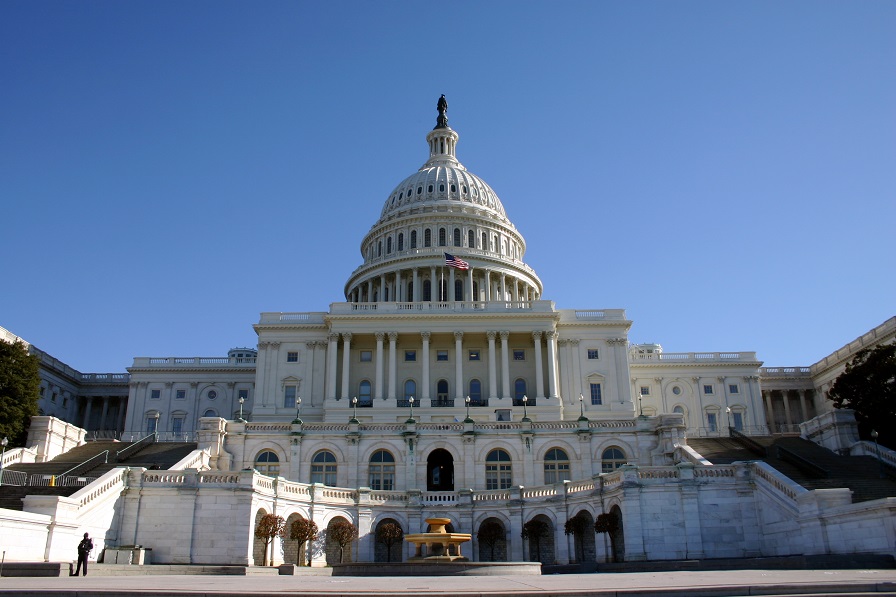Brazilian Textile Consumption to Increase 50 Percent
Brazil has a strong and diversified textile and apparel industry, mixed with a strong creative sector. There are almost 100 schools and universities of fashion, not to mention vocational courses, and Brazil has one of the most famous “fashion weeks” in the world, which contributes to the wonderful atmosphere.
In addition to the strong textile and apparel industry, it’s a good time for Brazil as a nation. The economy will grow more than 7 percent this year, and since 2003, more than 30 million people have joined our rapidly growing middle class, which provides a fresh influx of consumers into the marketplace.
Cotton represents about 60 percent of the overall fiber consumption in Brazil. We believe that in the future, cotton will maintain a total market share of about 50 percent.
While it’s true that the production and consumption of chemical fibers in Brazil is increasing, at the same time, we continue to believe that Brazil will still consume more cotton than most other countries in the world.
There are steps, however, that cotton professionals in Brazil can take to ensure the industry’s continued health and growth:
• They need to do a better job of promoting the use of the fiber in fashion and technical products, and
• They need to have a greater presence at fashion shows to advertise the wonderful characteristics and uses of “white gold.”
Looking to the future, there is ample opportunity for growth because Brazil is one of the few countries in the world that doesn’t need to decrease its food production to accommodate an increase in cotton cultivation.
Over the next six years, we expect that the per-capita consumption of textile products in Brazil will reach about 18 kg per person. Given that today’s consumption is about 12 kg per person, if that projection holds, the textile and apparel industry has a brilliant future in Brazil, indeed.
We think Brazil will be recognized as a country that promotes a clean and sustainable industry, offering innovative and creative products to a large internal market while still competing in the international market with environmentally friendly goods.
Finally, while we do believe in a free market, we also believe in fair trade. As a result, we can’t open our market to competitors who don’t follow the same types of labor and environmental laws we have in Brazil.









